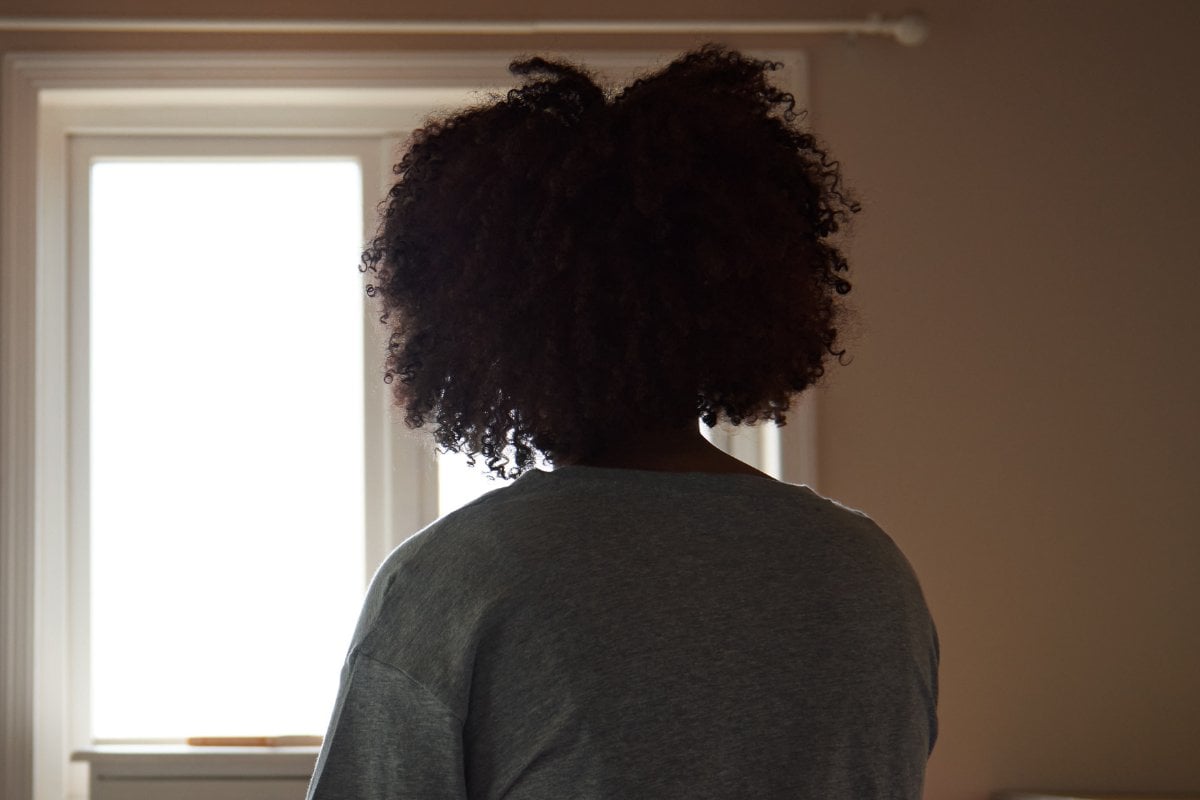
At 35, Sarah* can hear her biological clock ticking. Loudly. She already has two young children, aged one and five. But she’s eager to take advantage of her fertility one more time. Not for her own sake, nor her family’s. For a complete stranger.
Sarah wants to become an egg donor.
"I have recently spoken to many women who have either prioritised their careers and 'missed the boat' or same-sex couples who are unable to have their dreams of having a family come true," she told Mamamia.
"I would love to make a difference."
But there’s a roadblock.
Sarah’s husband isn’t comfortable with her donating. In his eyes, helping a stranger create a family poses a potential threat to theirs. What happens if the people conceived via Sarah’s donation reach out as adults? How do they explain it to their children, and when?
Under current guidelines, Sarah can’t donate her eggs without her husband’s consent. It’s raised a nebulous question:
'Are these my eggs, or are they ours? Do they belong to our family unit, given that donating them could potentially impact our family in years to come?'




























































































